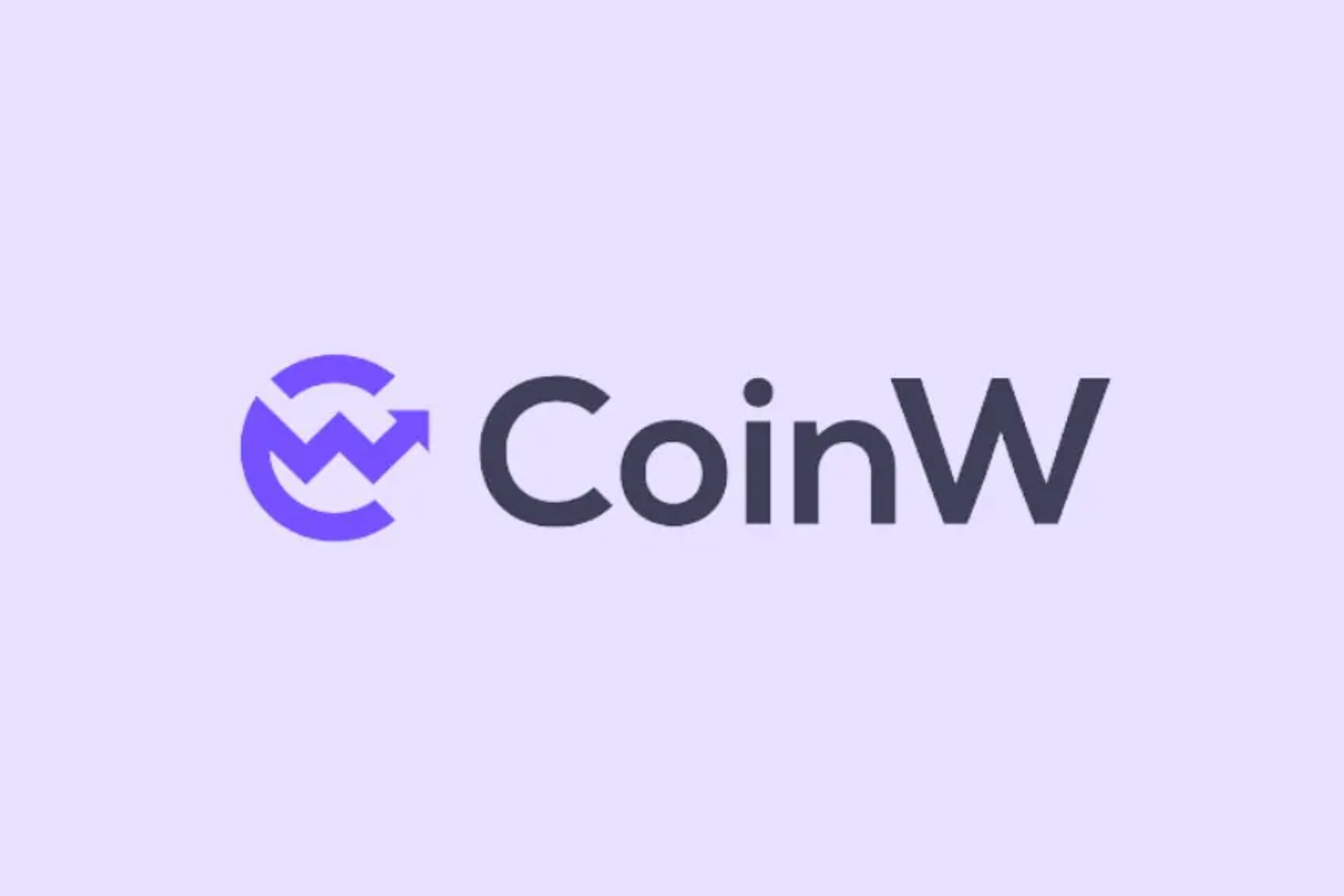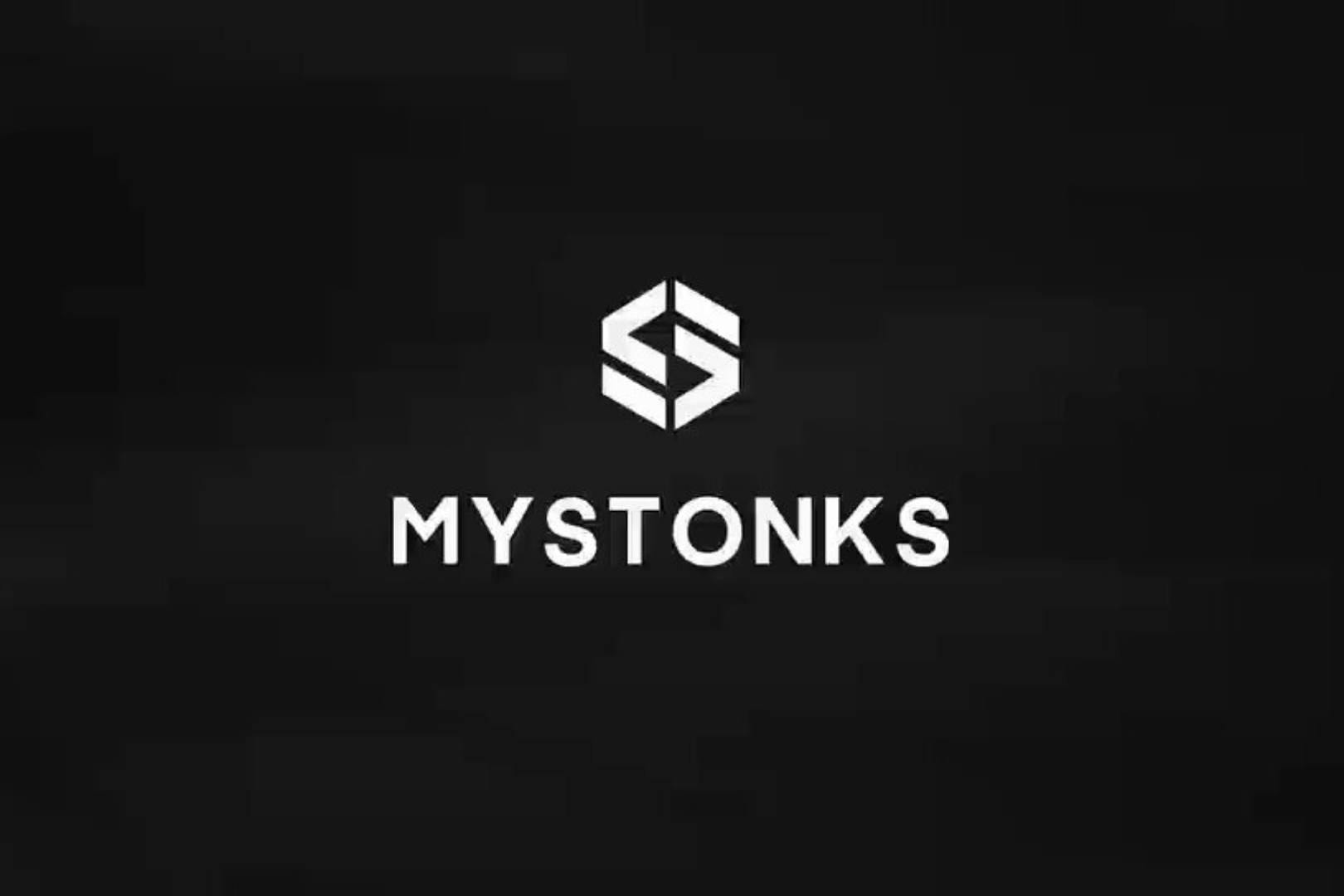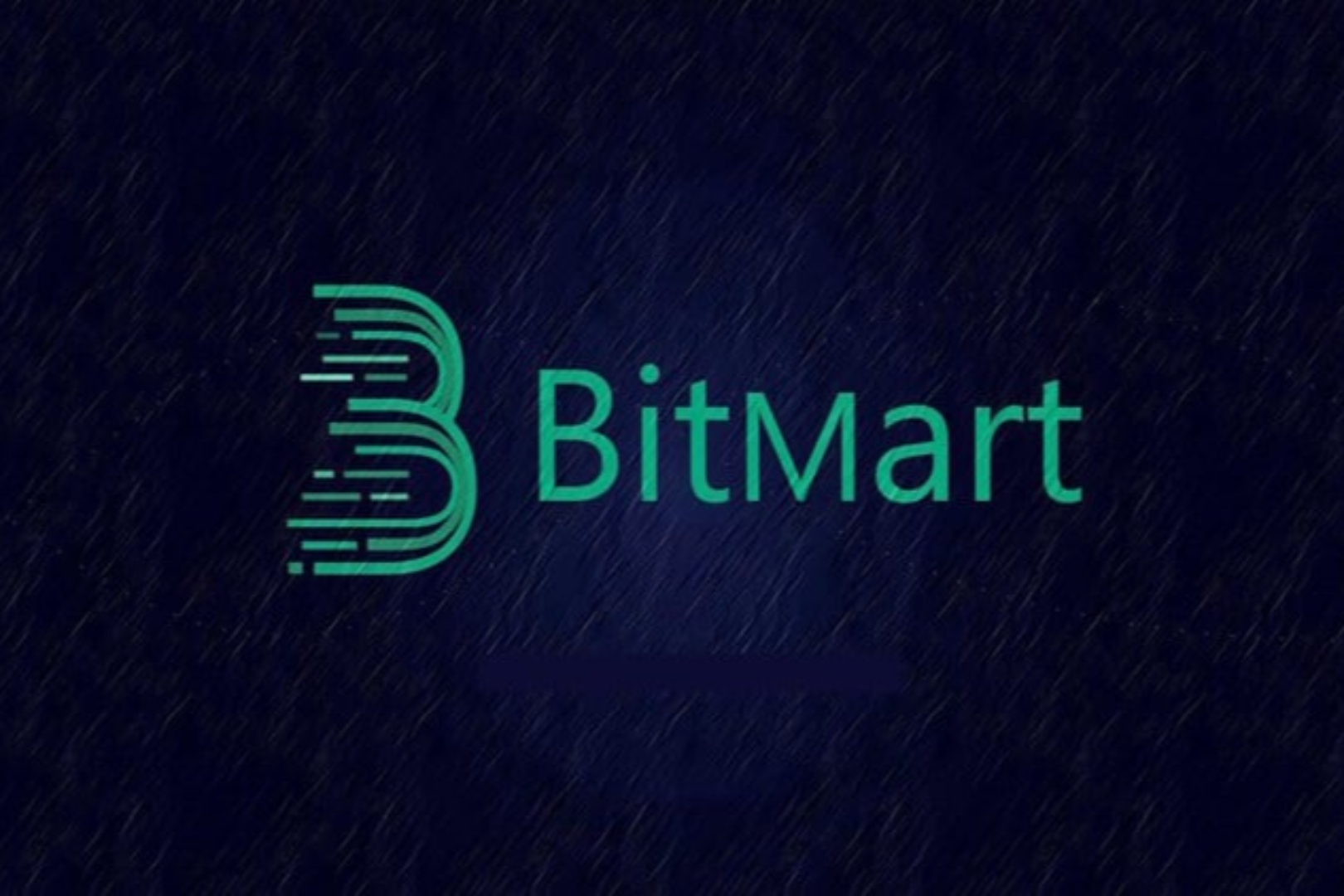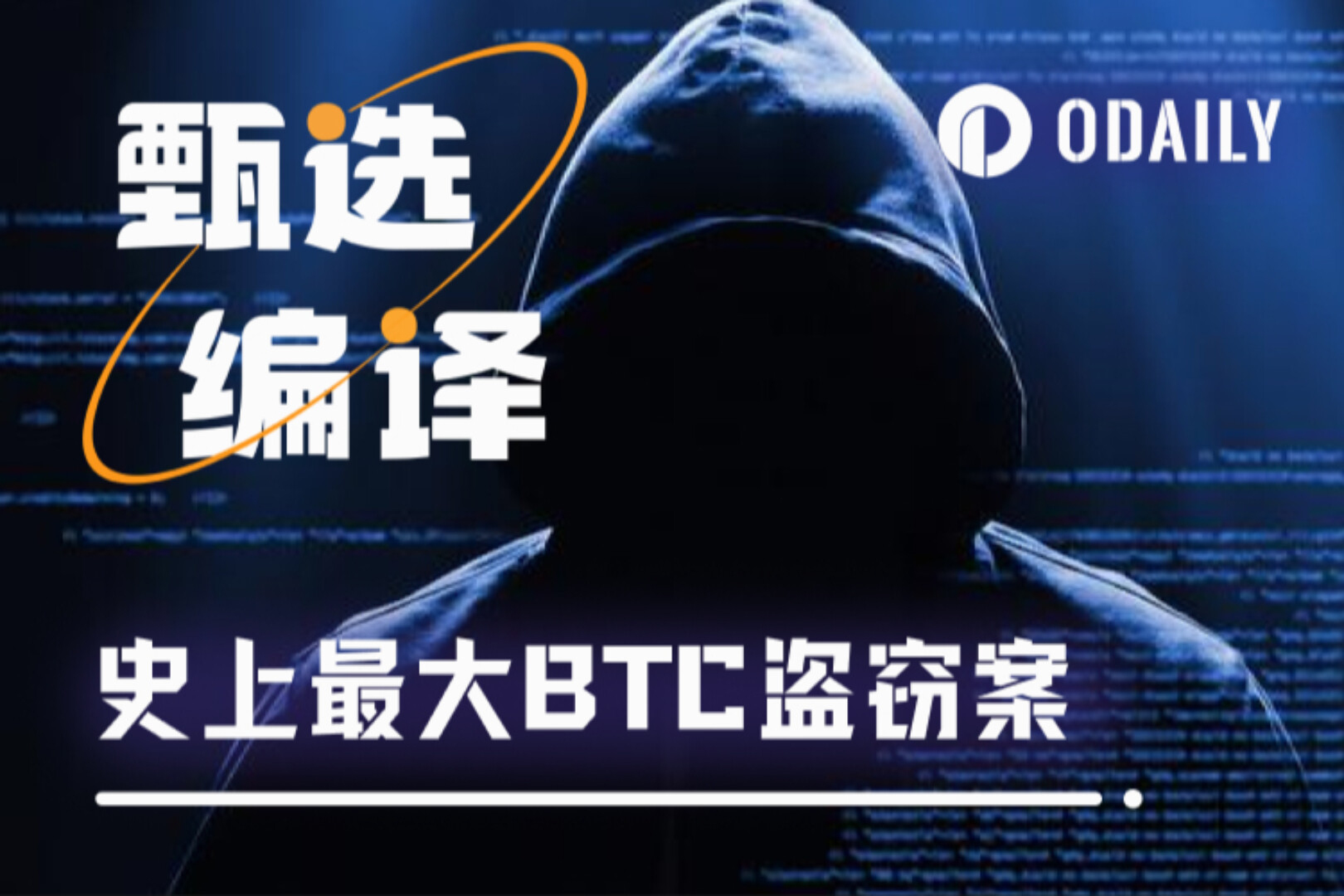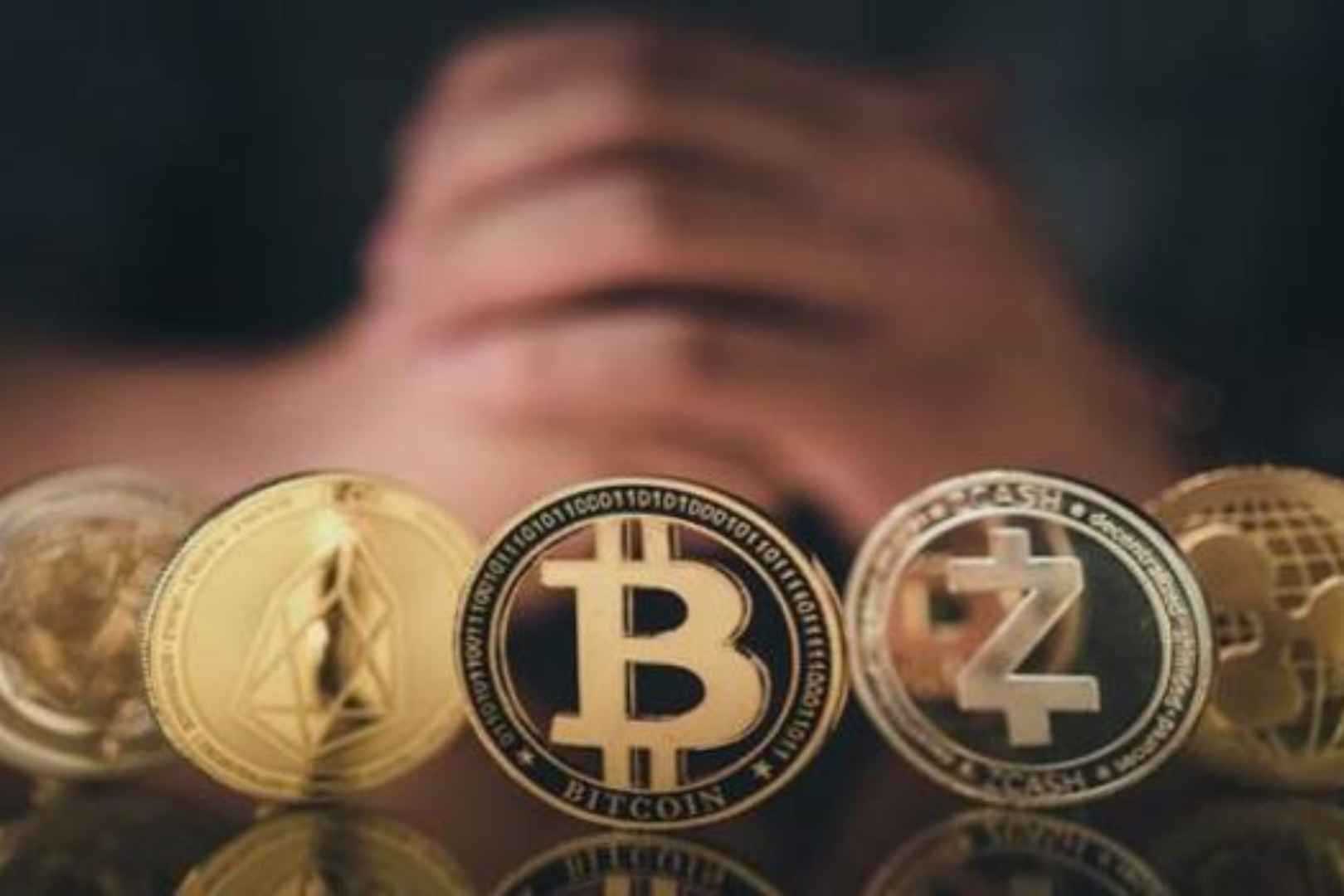Headlines
According to documents released by the Southern District Court of New York, the SEC's motion for a summary judgement in the Ripple lawsuit was granted in relation to the request regarding institutional sales of XRP, but was denied in other aspects. The defendants, Ripple, etc., had their motion for a summary judgement approved regarding programmatic sales, other distributions, and the sales actions of Bradley Garlinghouse and Christian A. Larsen, but the request relating to institutional sales was denied. The court should issue a separate order at the appropriate time to determine the trial date and relevant pre-trial deadlines. Adam Cochran, a partner at Cinneamhain Ventures, tweeted that there is both good news and bad news regarding the Ripple case. However, for all the altcoins, this is mostly very good news and an unexpected big victory for XRP. Firstly, the judge did determine that institutional sales/fundraising is a security. However, programmatic sales on exchanges did not meet the third element of the Howey test. Therefore, sales to users through exchanges are permissible as long as they are done through order books and not through methods like ICO/IEO/Launchpad. Bounties, investments in others using XRP, donations in XRP, and transfers of XRP to executives are also not considered securities. Overall, it is a huge victory. XRP has a more centralized foundation in the industry, with a key person in charge, standard sales through exchanges, and a formal distribution plan. If these are not securities, then almost everything sold through exchanges is not a security. The lessons learned are as follows: do not engage in institutional private placements/OTC trading; sales should be done through exchanges; distribution through protocol-native means. Adam Cochran states that if XRP is not a security, then it is apparent that BTC and ETH are not securities either. One of the big winners here is the exchanges. If institutional sales, OTC trading, and direct token sales for fundraising are all securities, then all sales will once again be conducted through public order books. Billions of dollars in convertible financing will no longer exist. Adam Cochran notes that it is important to remember that this ruling is in regards to a motion for a summary judgement and further litigation and appeals can take place. This does not mean the case is over, but it is a very significant victory with strong reasoning.
Cryptocurrencies
Ark Invest sells 478,356 Coinbase shares worth $53 million
On July 14th, Ark Invest sold 478,356 shares of Coinbase, worth $53 million. On that day, Coinbase stock reached its annual high of $114.43. Among them, ARK Innovation ETF (ARKK) sold 263,247 shares, Ark Next Generation Internet ETF (ARKW) sold 93,227 shares, and ARK Fintech Innovation ETF (ARKF) sold 35,666 shares. (CoinGape) Previously, on July 12th, Ark Investment reduced its holdings of Coinbase stock for the first time in nearly a year. It sold 135,000 shares of Coinbase stock on July 11th, marking the first time it has sold the stock since July 26th, 2022.
Starknet TVL surpasses $90 million, with a 30.31% increase in 7 days
L2BEAT data shows that the total value locked (TVL) on Starknet, an Ethereum Layer 2 scaling solution, has surpassed $90 million, currently standing at $91.95 million, with a 30.31% increase in the past 7 days.
Multichain officially released a long statement stating that CEO ZhaoJun is still missing after being taken away by the police. Previously, the team contacted the MPC node operator and learned that the operational access keys to the MPC node servers have been revoked. In addition, these MPC node servers, like other regular servers, are actually running under ZhaoJun's personal cloud server account. The team members do not have access to ZhaoJun's personal cloud server account, so they cannot log in to these MPC servers. Since the establishment of the project, all operational funds and funds from investors have been under ZhaoJun's control. This also means that all of the team's funds and access to the servers are in the hands of ZhaoJun and the police. On July 7th, the user assets locked in the MPC address were unusually transferred to an unknown address. Therefore, due to the lack of alternative sources of information and corresponding operational funds, the team has been forced to cease operations. If there are any further notices and developments, the team will update the community. In addition, the Multichain team reminds users that they cannot access the domain account to redirect or shut down the front-end website http://multichain.org. Please help spread the word and inform users to stop using Multichain services.
Project Highlights
BNB Chain The lending protocol Venus Protocol has released the Venus V 4 whitepaper, focusing on improving risk management, decentralization, and user experience. In terms of risk management, Venus V 4 introduces Isolated Pools as a secure way to incorporate long-tail assets, aiming to address the limitations of protocols built on a single liquidity pool. Isolated Pools consist of customized sets of assets with risk management configurations, offering greater diversity for risk management and lending. Isolated Pools can isolate assumed failures, preventing them from spreading to unrelated markets and affecting the overall risk status of the protocol. Additionally, Isolated Pools rewards can be customized for each asset within each pool, providing tailored liquidity incentives for users. The Isolated Pools system is based on the PoolRegistry contract, which maintains an independent directory of lending pools. It allows for the creation and registration of new pools, addition of new markets to existing pools, update of pool metadata, and provides getter methods to retrieve detailed pool information. To create a new lending pool, PoolRegistry deploys a pool proxy and sets the Comptroller implementation address for that proxy. Once the Comptroller is set, it adds the pool to the pool directory. To add new markets to any existing lending pool, PoolRegistry deploys a JumpRateModel V 2 or q contract as an interest rate model using the relevant factory and deploys upgradable VToken for the market before getting the support of the market's Comptroller.
The Celo development team, cLabs, has initiated a new proposal suggesting that Celo transitions from being an independent EVM-compatible L1 blockchain to an Ethereum L2 solution. After months of research by the cLabs team and initial discussions with key members of the Celo and Ethereum communities, this proposal outlines how the Celo blockchain would initially utilize the OP Stack to become an Ethereum L2 solution, with the following key differences: - Decentralized orderers running Byzantine Fault Tolerance consensus, supported by the existing validator set of Celo. - Off-chain data availability layer supported by EigenLayer and EigenDA, operated by Ethereum node operators and protected by re-deposited ETH. EigenDA introduced data sharding to Ethereum early on, which allows Celo to maintain its lower costs. - The design preserves Celo's 1-block finality. Migrating from an EVM-compatible L1 to Ethereum L2 would be a technical upgrade that won't impact the mission of the Celo ecosystem, but will expedite the process of achieving its goals. By deploying this proposal, the Celo ecosystem can continue to foster a financially inclusive community and build with the ethos of Web3, bringing real-world use cases into the Ethereum ecosystem. Simultaneously, this proposal has the potential to significantly enhance the scope and impact of the Celo blockchain. The main benefits of migrating to L2 include: - Further Ethereum compatibility and EVM compatibility, providing a seamless developer experience. - Stronger security guarantees compared to a standalone Celo solution. - A trustless bridge to Ethereum, simplifying liquidity sharing between Celo and Ethereum. From the community's perspective, existing DApps, including mobile-first features like SocialConnect and the evolving ReFi (regenerative finance) stack, will remain unchanged. Additionally, the Celo validator community will continue to play a critical role in operating the network. The community will hold a governance call on July 21st Pacific Time and will initiate a temperature check governance proposal afterwards.
Investment and Financing
Blockchain MMORPG game MetaCene completes $5 million seed round financing, led by Hash Global and SevenX Ventures, with participation from WeMade, Emurgo, MixMarvel DAO Ventures, Sinovation Ventures, and LK Venture. MetaCene is developing a blockchain-based game that features a post-apocalyptic world with a surreal twist. Players can reinterpret game civilization through various NFTs. (Digitaljournal)
Privacy solution Silent Protocol completes $5 million financing, led by Sora Ventures
Privacy solution Silent Protocol has completed a $5 million financing round, led by Sora Ventures. The new funding will be used to extend its network beyond Web 3 and aims to facilitate collaboration between these applications and traditional institutions by building a secure layer that complies with the EU MiCA regulations. Silent Protocol, a startup initiated by researchers from TÜBİTAK BİLGEM, Turkey's leading technology and science center dedicated to enhancing the country's technological and scientific capabilities. The main focus of Silent Protocol is to develop a scalable privacy layer for existing applications, eliminating the need to exchange liquidity from existing pools. The project, launched in 2021, has received initial funding from venture capital firms such as Zee Prime Capital, Mechanism Capital, Hypersphere, and Daedalus. Silent Protocol is poised to play a crucial role in institutions transitioning to the Web 3 space, providing a critical data privacy layer. Unlike other companies introducing zk solutions that require asset migration to their protocols, Silent Protocol is developing a layer that allows existing DApps to maintain liquidity and scale using zk solutions. The patent application for the EZEE (Economic Zero-Knowledge Execution Environment) framework, which Silent Protocol is applying for, is expected to be released in early Q4 2023. This development will provide institutions with a sandbox environment to test privacy-compatible solutions that can be built upon existing Web 3 products. (Crypto Slate)
According to official sources, the pledger liquidity release agreement Ion Protocol has completed a Pre-Seed financing round of $2 million. The round was led by Portal Ventures and SevenX Ventures, with participation from BanklessVC, HASHCIB, Foresight Ventures, Smrti Labs, Maelstrom Fund, Breed VC, Everstake Pool, Punk Ventures DAO, Builder VC, and EthHub co-founder Anthony Sassano (sassal.eth), as well as Syncracy Capital co-founder Ryan Watkins.
Ion Protocol is a lending platform designed to support future pledging and re-pledging assets. The protocol acts as a CDP issuer, allowing users to deposit any validator-backed assets (including LST and re-pledging positions) into their collateral vault and mint the stablecoin allETH, which is priced based on deposited ETH.
The meta-universe brand marketing company, Karta, announced the completion of a $1.1 million seed round of financing led by GameTech Ventures. Toikido, Sports Loft, former Hipgnosis executive Amy Thomson, Sports Loft CEO Charlie Greenwood, UK Finance Chairman Robert Wigley, Powster founder and CEO Ste Thompson, and BigIdeas Group also participated in the investment. The new financing will be used to help Karta recruit talent to expand its team and operations.
It is understood that Karta was founded in 2021 by Tony Barnes and Erik Londré. Headquartered in London, UK, it provides meta-universe marketing services for brands and bands on platforms such as Roblox, Fortnite, and Decentraland. The company has collaborated with brands such as Unilever, Amazon Music, and McDonald's Home to create advertising and marketing opportunities in the meta-universe projects. (Sina VR)
Global Policies
The Indonesian Commodity Futures Trading Regulatory Agency (Bappebti) announced that it will launch a cryptocurrency exchange in July 2023. Bappebti Head Didid Noordiatmoko stated that once the exchange is launched, all cryptocurrency transactions can only be conducted through the exchange. At the same time, KYC and various processes will be regulated. He mentioned that the transactions will be conducted through integrated applications. CoFTRA has also conducted integration tests. Didid stated that for the cryptocurrencies to be sold, Bappebti hopes they are local but can still keep up with the international market's developments, including price issues, provided that they are approved by Bappebti.
Didid mentioned that Bappebti has also sent a letter to the Trade Minister Zulkifli Hasan, reporting the plan for the cryptocurrency exchange. If there are no other instructions, Didid will sign the license, which will give licensed traders a month to join the exchange.
People * Voices
CZ mentioned in Binance's 6th anniversary open letter that Binance invested $3 million in Terra in 2018 without actively managing the investment. The investment reached a peak value of $1.6 billion in 2021 and nearly zero in 2022. Binance has not transferred or sold any received LUNA tokens (now LUNC).
US Senator Advocates for Clear Cryptocurrency Regulations and Supports Lummis-Gillibrand Act
US Senator Cynthia Lummis made a statement following the Ripple case ruling. Lummis emphasized the urgent need for Congress to establish a comprehensive and clear regulatory framework for cryptocurrencies. Additionally, Lummis highlighted the importance of the Howey test and continues to promote her "Responsible Financial Innovation Act," also known as the Lummis-Gillibrand Act. The act, co-introduced by Lummis and Senator Kirsten Gillibrand, aims to provide regulation for the cryptocurrency market. She also pointed out the maintenance of the Howey test as the stance taken by the Lummis-Gillibrand Act from the beginning.
DeFiance Capital Founder: July 14, 2022, marks the official end of the bear market of 2022-2023
DeFiance Capital founder Arthur 0x tweeted, "July 14, 2023, marks the official end of the bear market of 2022-2023, for the following reasons: 1. The worst macroeconomic contraction is over, with CPI declining and real interest rates positive. A rate cut may be possible next year. 2. Institutional adoption of cryptocurrencies as an asset class has been growing, starting with BlackRock's application for a Bitcoin ETF. 3. If the SEC cannot win the case against the token most likely to be defined as a security (XRP), the likelihood of other tokens being classified as securities will significantly decrease. 4. Most short-term speculators have exited the market, and current holders are less likely to sell in the short term, except for those with clear unlock schedules. 5. The market is severely underallocated to non-BTC and ETH assets and needs to catch up. 6. Hong Kong's cryptocurrency-friendly policies are real, which will open the door for Asian financial institutions to enter legally. Furthermore, he also stated that after experiencing the crazy bear market, he will not sell cryptocurrencies with only a 50% increase.
Ripple CEO: SEC's appeal of Ripple case may take several years
Ripple CEO Brad Garlinghouse recently commented on the ruling of the Ripple case, stating that he expects the SEC to appeal the decision, but any appeal could take several years. According to SEC spokesperson Scott Schneider, the agency "found that XRP was being offered and sold as an investment contract (targeted towards institutions) in violation of securities laws." He also mentioned that the SEC is continuing to review this decision (Bloomberg).
Earlier, Brad Garlinghouse insisted that the recent ruling by the US court represented a complete failure for the SEC, rather than a partial victory.
